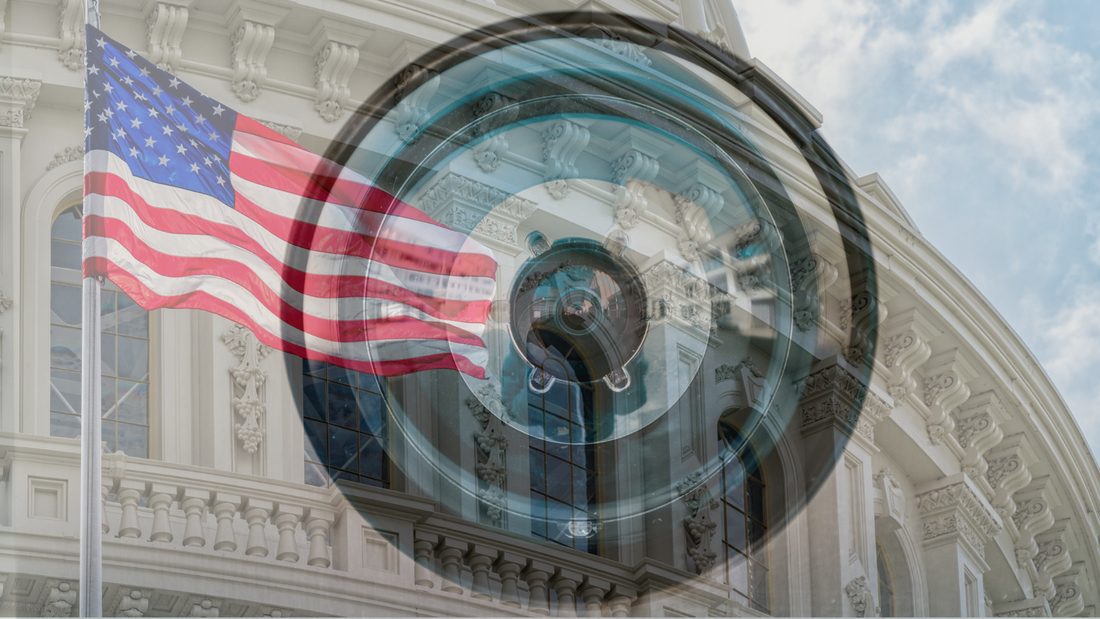|
The Project for Privacy and Surveillance Accountability filed a motion late Wednesday evening asking the U.S. District Court of the District of Columbia to order the federal government to disclose any documents related to possible surveillance of 48 current and former Members of Congress by the intelligence community.
The motion is the latest development in a lawsuit seeking responses to earlier Freedom of Information Act (FOIA) requests concerning the possible surveillance of Members of Congress of all political leanings. Listed targets span from then-Sen. Kamala Harris to Sen. Marco Rubio, from House Intelligence Chairman Adam Schiff to former Rep. Trey Gowdy, all with intelligence oversight responsibility. “Our motion aims at three issues critical to our democracy,” said Gene Schaerr, PPSA general counsel. “It demonstrates how casually and indiscriminately the government invokes a blanket non-answer reply, called a Glomar response, to lawful requests. It calls into question a serious separation of powers issue in which the executive branch seems to be spying on the legislative branch. And it reveals the disturbing possibility that the committees tasked with the oversight of the intelligence community are being secretly ‘overseen’ by those very agencies.” PPSA filed its lawsuit in December, 2020, against the Department of Justice and FBI, the Office of the Director of National Intelligence, the National Security Agency, the Central Intelligence Agency and the Department of State. In September, all agencies came back with a “Glomar response” – which neither “confirms nor denies” the existence of such records. “The Glomar response began as an extraordinary step taken to preserve one of the nation’s most highly classified secrets – the covert raising of a sunken Soviet ballistic missile submarine,” Schaerr said. “This non-textual judicial limitation to the government’s FOIA-mandated disclosure obligations has gradually been stretched into a kind of common-law state secrets privilege used to stonewall and hide evidence of potential malfeasance.” “Whether or not these agencies have surveilled Members of Congress is not akin to secretly salvaging a nuclear-armed submarine from a foreign power,” Schaerr said. “So why the Glomar responses?” The PPSA motion reminded the court that the government has a record of spying on Congress. In 2017, the Department of Justice subpoenaed the private phone data of two members the House Intelligence Committee and their families. In 2014, the CIA hacked into a Senate intelligence network used to investigate that agency’s torture program. The Director of the CIA, John Brennan, lied about the agency’s surveillance, saying “we wouldn’t do that.” The PPSA motion also points out that the intelligence community has elaborate policies for handling information about Congressional identities and for classifying information about Members of Congress. These policies admit to the existence of at least some responsive records that could be disclosed. “So they have no records on Members of Congress?” Schaerr asked. “That beggars belief.” In Wednesday night’s motion, PPSA declared that “even under any reasonably limited view of the Glomar privilege for highly sensitive matters” the government failed to justify its obstruction under any of the exclusive and narrow exemptions of the Freedom of Information Act. “Either these agencies surveil the very Members of Congress charged with overseeing them, or they do not,” Schaerr said. “Given the importance of that issue, and these agencies’ history of doing just that, we’re asking the court to force them to provide an answer.” Comments are closed.
|
Categories
All
|


 RSS Feed
RSS Feed